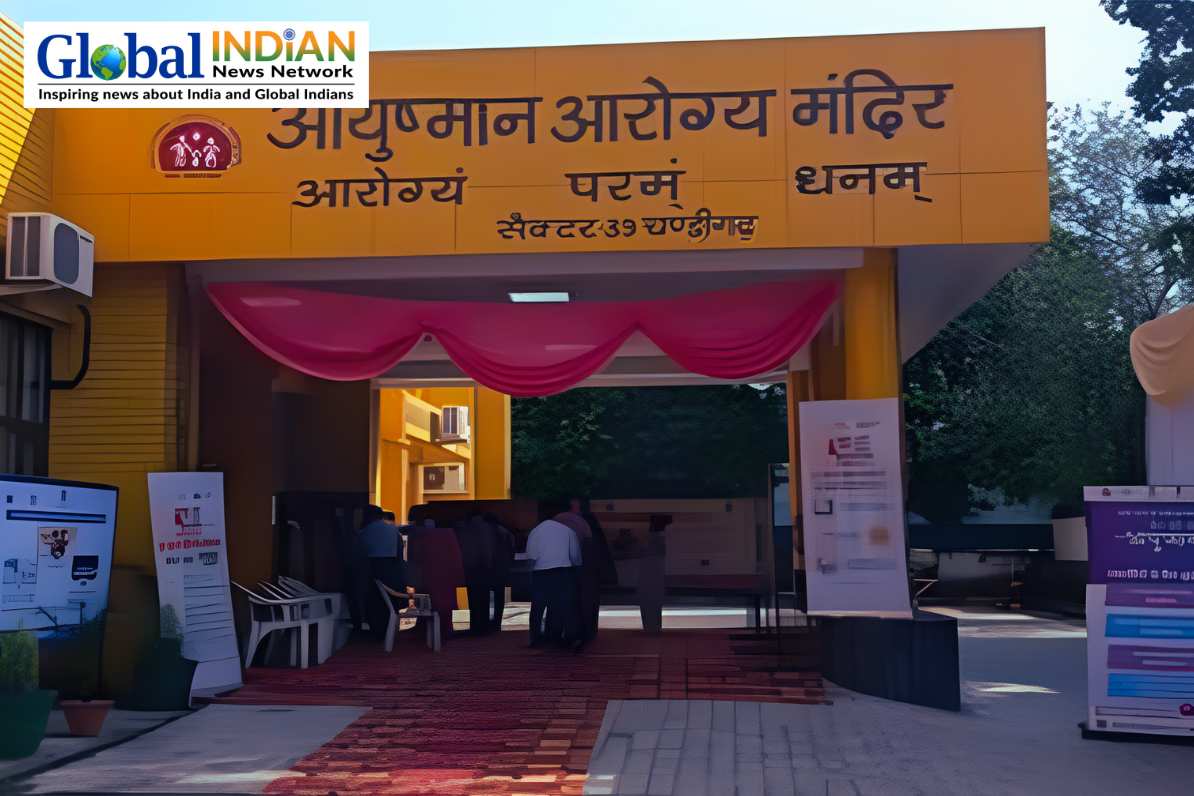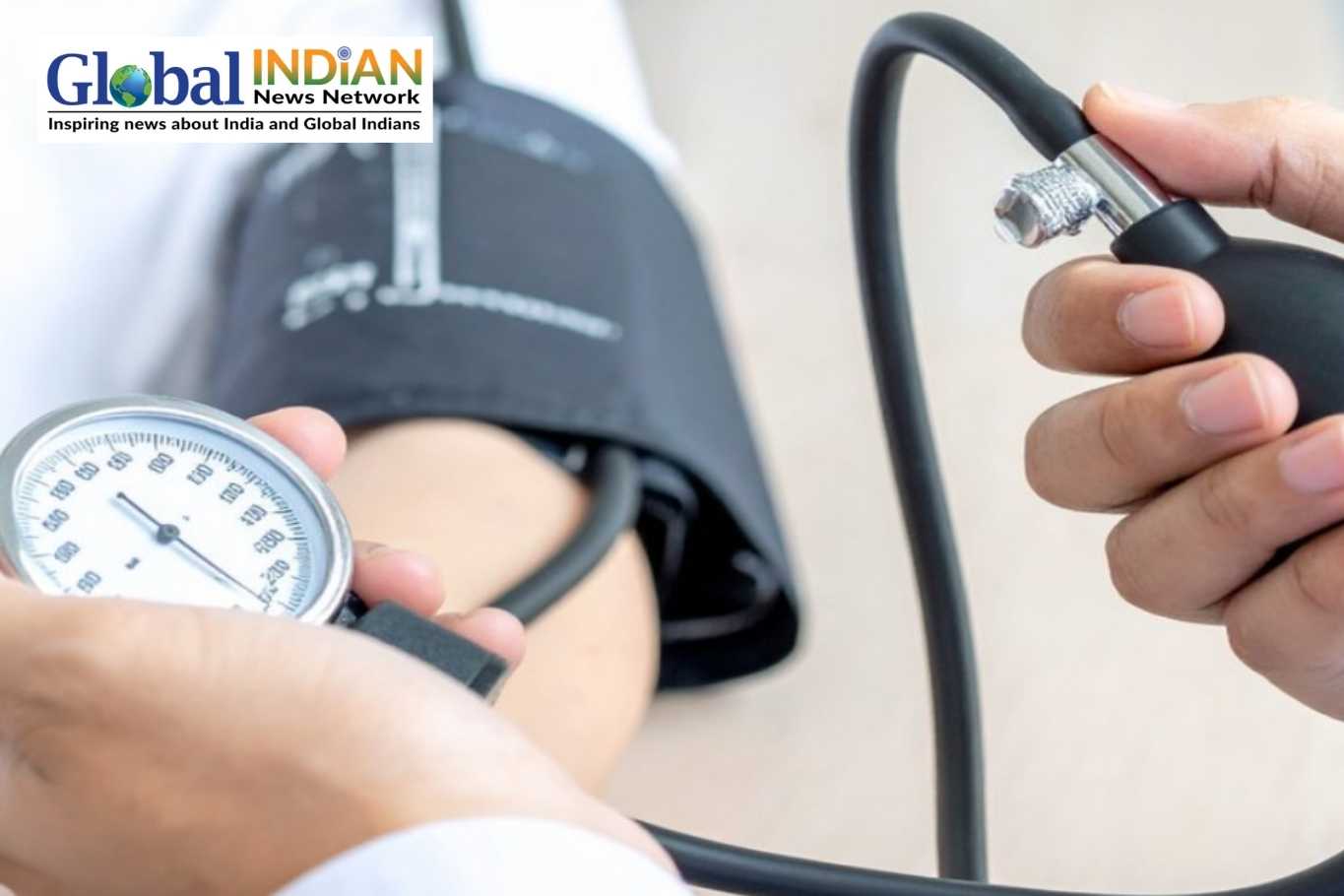
GLP-1 medications designed for diabetes management are highly effective in facilitating weight loss, with users often achieving up to a 15% reduction in their initial body weight within a year.
These medications, including semaglutide, tirzepatide, dulaglutide, and liraglutide, mimic the glucagon-like peptide-1 hormone naturally produced in the gut. By doing so, they reduce hunger sensations, increase feelings of fullness after eating smaller amounts, and slow down the stomach’s digestion process.
Of these medications, only Wegovy and Zepbound have gained FDA approval specifically for weight loss. Others like Ozempic, Rybelsus, Saxenda, and Trulicity are prescribed off-label for the same purpose.
A recent study published in Obesity presents dietary guidelines tailored for individuals using these drugs to prevent nutritional deficiencies and optimize weight loss outcomes. These guidelines aim to offer comprehensive guidance based on the latest research available.
According to Lisa M. Neff, MD, senior study author and executive director of Global Medical Affairs – Diabetes and Obesity at Eli Lilly and Company, current evidence on nutritional recommendations for anti-obesity medications (AOMs) remains limited. Therefore, the proposed guidelines integrate insights from general population health and very low-calorie diets (VLCDs).
The recommended diet focuses on maintaining a healthy, balanced intake of energy, macronutrients (proteins, fats, and carbohydrates), micronutrients, fiber, and fluids. This approach not only supports weight loss but also addresses potential gastrointestinal side effects like nausea, vomiting, and constipation, commonly associated with these medications.
Dr. Mir Ali, a board-certified bariatric surgeon and medical director at MemorialCare Surgical Weight Loss Center, emphasizes that these dietary recommendations align closely with those recommended for effective weight management in general. This includes prioritizing proteins and vegetables while reducing intake of simple carbohydrates and sugars.
Michelle Routhenstein, RD, a preventive cardiology dietitian at EntirelyNourished, underscores the importance for healthcare providers to educate patients on the risks associated with nutrient imbalances while taking GLP-1 medications. She stresses the need for regular monitoring and guidance from a registered dietitian to prevent complications like muscle loss, nutrient deficiencies, and dehydration.
Dr. Neff further emphasizes the role of ongoing counseling and monitoring to ensure patients’ nutritional needs are met and any emerging issues are promptly addressed. Future research is expected to further refine these dietary recommendations and enhance the overall management of individuals using AOMs for weight loss.











